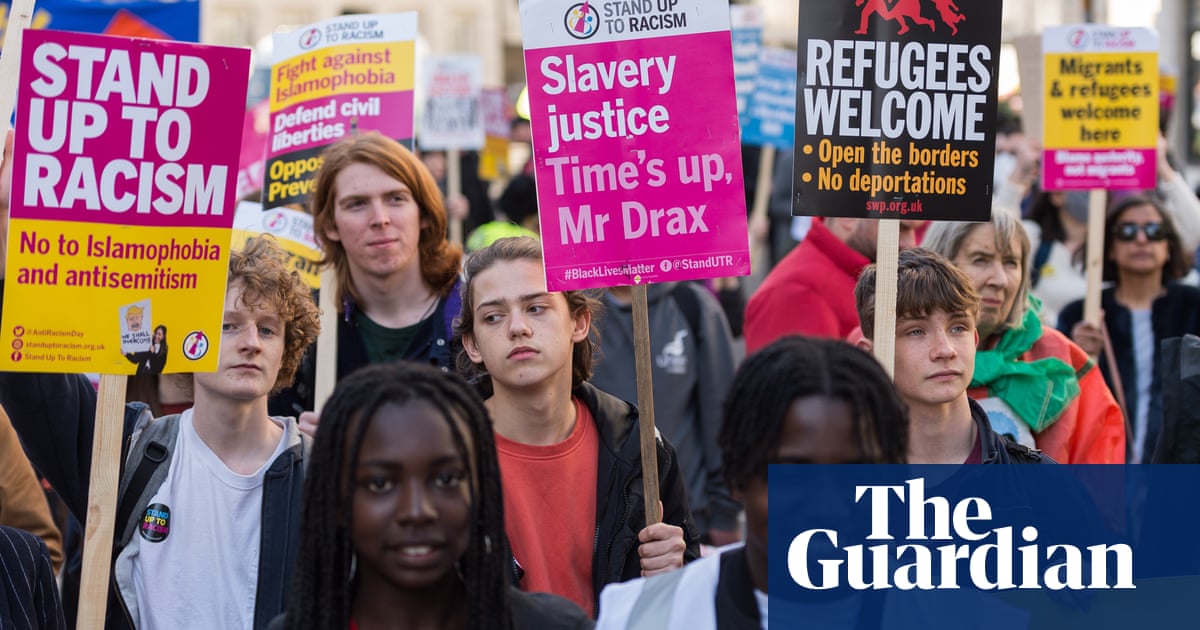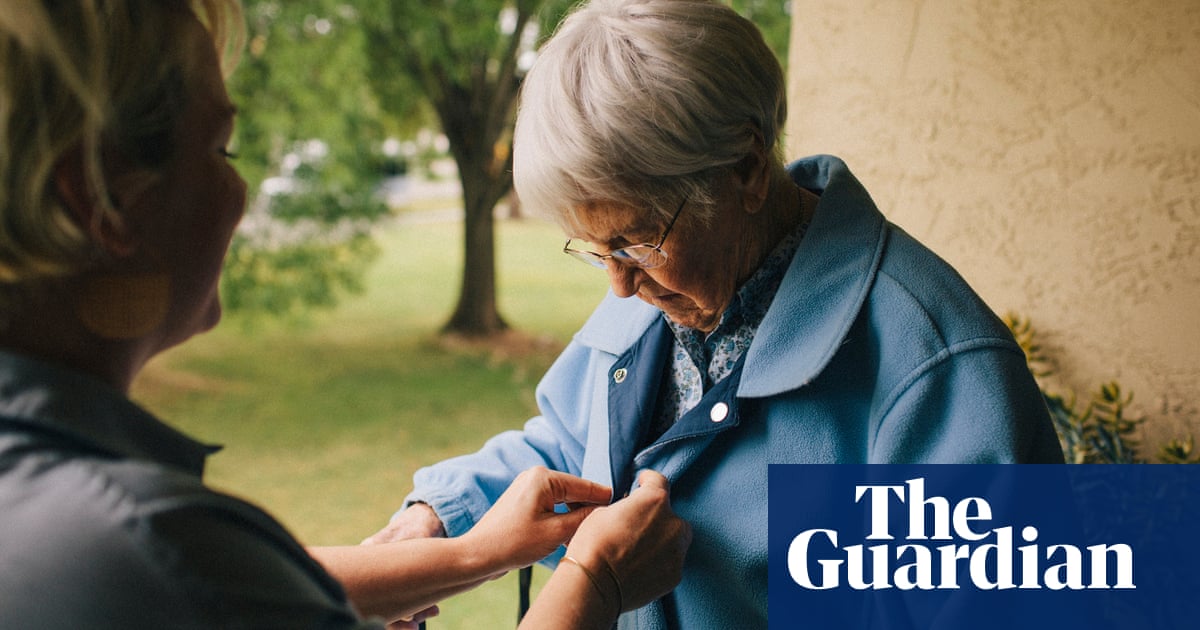
The mayor of London has called on the equality watchdog to urgently investigate whether the disproportionate impact of Covid-19 on people of black, Asian and minority ethnic backgrounds could have been prevented or mitigated.
Sadiq Khan’s intervention comes after figures showed that black people in the UK are more than four times more likely to die from coronavirus than white people.
After taking into account age, measures of self-reported health and disability and other socio-demographic characteristics, black people were still almost twice as likely as white people to die a Covid-19-related death. Bangladeshi and Pakistani men and women were more than 1.5 times likely to die than their white counterparts, when other factors were accounted for, according to the figures published on Thursday.
In a letter to David Isaac, the Equality and Human Rights Commission (EHRC) chair, seen by the Guardian, Khan says the commission has a “moral responsibility” to carry out a wide-ranging investigation into the worse outcomes for BAME people that is not limited to the higher rates of deaths and critical illness.
He writes: “Not only has it [Covid-19] revealed the major health inequalities that exist in our society, it has also particularly laid bare the unequal outcomes that have a negative impact on the lives of BAME Londoners, including employment and immigration status …
“We know that some Londoners – and particularly BAME Londoners – are more likely to live in poverty, overcrowded conditions and have less access to green space. The lack of action by the government for migrants only compounds the problem, with no clear support for Londoners with no recourse to public funds (NRPF) and lack of clarity around NHS charges for migrant communities.
“Knowing this, and the fact that we were forewarned about how coronavirus spreads from the experience of other countries, this investigation must consider if enough was done to protect BAME Londoners who are being hardest hit by the pandemic.”
Khan said he welcomed the inquiry by NHS England and Public Health England, which will look into the disproportionality of deaths among BAME health and social care workers, but urged the EHRC to investigate whether people from minority groups are overrepresented in other frontline roles and lower paid jobs, which may increase their exposure to Covid-19.
Recent research by the Institute for Fiscal Studies found that a third of all working-age black Africans are employed in key worker roles – 50% more than the white British population.
The mayor also warned that BAME-led businesses and charities may be disproportionately affected and must not be allowed “to fall through the cracks”, urging the inquiry to investigate whether government support is reaching them sufficiently.
Khan writes: “As a mayor of a city where 44% of the population come from BAME communities, I am seeking answers for Londoners as to whether these outcomes could have been prevented or mitigated.
“The EHRC must use its mandate to conduct a full inquiry into these matters and ensure that lessons are learned. There is a moral responsibility to do so. Change cannot wait any longer.”
Separately, a group of public figures wrote to Boris Johnson on Sunday, calling for an independent public inquiry into the disproportionate impact of Covid-19 on the UK’s BAME communities.
The signatories, including the dancer Akram Khan, the author Malorie Blackman and Kwame Kwei-Armah, the artistic director of the Young Vic, say the inquiry should follow the precedent of the likes of the Scarman report on the Brixton riots and the MacPherson report on the murder of Stephen Lawrence.
A spokesperson for the EHRC said: “We are pleased to advise on the NHS England and Public Health England study into this critical issue. We have received the letter from the mayor of London and will respond in due course.”












